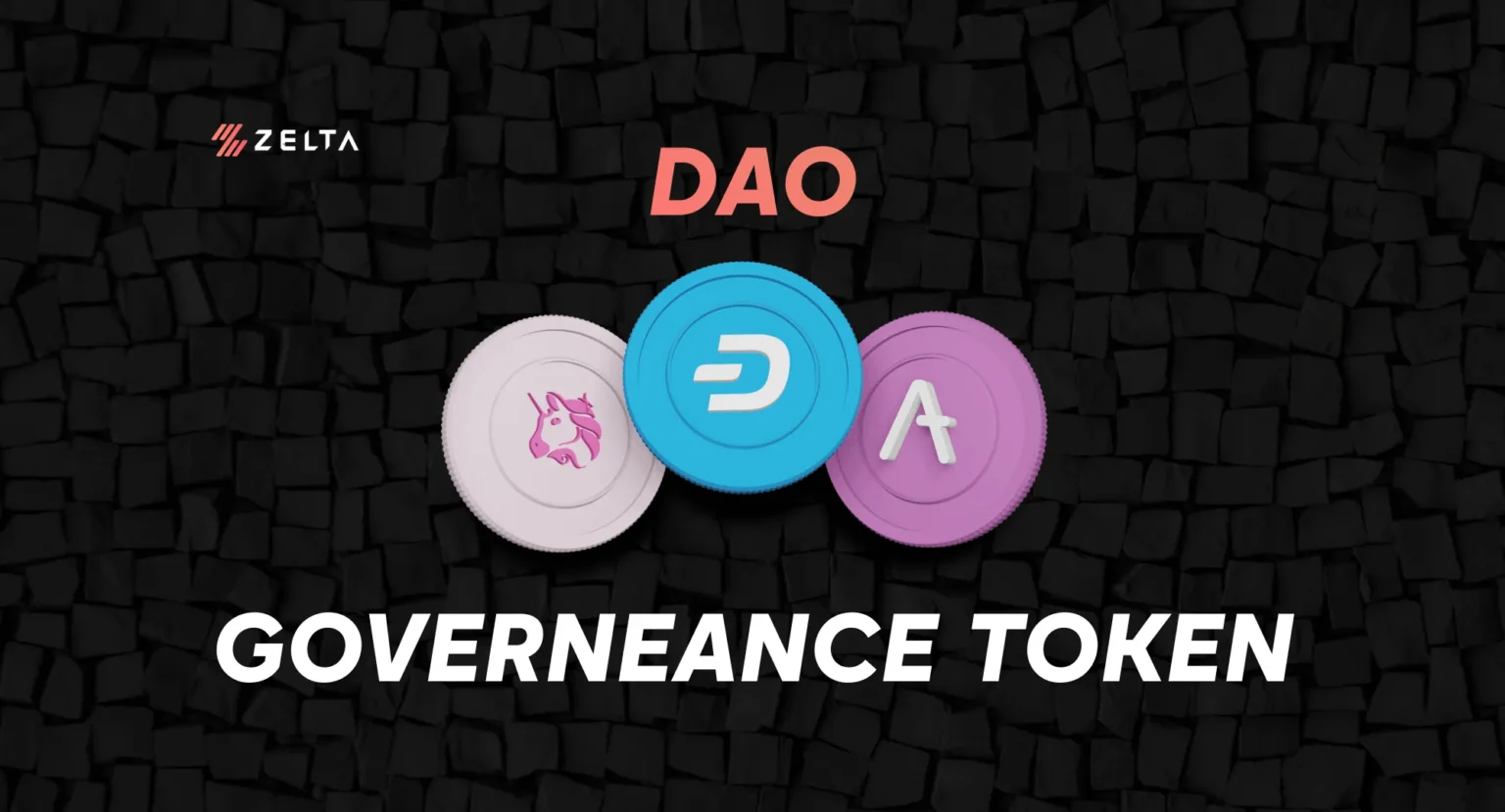Xandeum DAO Takes Over Rewards Governance Following Season 4
In the ever-evolving landscape of decentralized governance, Xandeum DAO has embarked on a new chapter following the conclusion of its fourth season. The innovative blockchain platform announced that it would be transferring the entirety of its rewards governance to the decentralized autonomous organization (DAO) formed by its community. This move heralds significant changes not just for Xandeum but for the broader blockchain ecosystem, facilitating a more user-centric approach to protocol governance and reward distribution.
A Shift Towards True Decentralization
Xandeum’s Season 4 witnessed remarkable growth and engagement across its protocol, laying a solid foundation for what has culminated in this strategic shift. By transitioning rewards governance to Xandeum DAO, the platform underscores its commitment to actualizing the principles of decentralization. This pivotal change empowers the community, allowing token holders to have a direct say in key operational and strategic decisions, specifically concerning the distribution and management of the protocol’s rewards.
The Role of Xandeum DAO
Xandeum DAO will now handle all matters related to rewards, which primarily includes determining how rewards are allocated within the community and setting parameters around staking incentives. This structure not only engages users but also ensures that the reward system evolves in line with the community’s best interests and the network’s overall health.
The DAO operates through a proposal and voting system, where community members can submit proposals regarding changes or initiatives they believe will enhance the protocol. This is followed by a community-wide vote, ensuring that every decision is made democratically and transparently.
Implications and Expectations
The implications of this governance shift are vast. Firstly, by involving the community in decision-making, Xandeum is likely to see enhanced user loyalty and more vibrant participation. Users who have a stake in governance outcomes are more likely to contribute positively to the ecosystem, driven by a clear alignment of interests.
Moreover, this move could set a precedent for other DAOs and blockchain projects, showcasing the benefits of community-led governance models. As blockchain technology continues to permeate different sectors, the principles demonstrated by Xandeum could inspire similar approaches in both existing and emerging projects, promoting a more democratized and user-centered approach to blockchain governance.
Challenges Ahead
Despite the enthusiasm surrounding this transition, challenges remain. Effective communication and robust participation are crucial in ensuring that the DAO operates smoothly. There’s also the task of educating members about their roles and the technical aspects of proposals and voting to ensure informed decision-making.
Cybersecurity is another critical aspect, as the shift to a DAO structure can make the platform a more prominent target for attacks. Safeguarding the integrity of votes and the security of the platform will be paramount to maintain trust and functionality.
Looking Forward
As Xandeum DAO takes the reins of reward governance, the community is buoyant and optimistic about the future. This transition is not just about changing who controls the reward system but about nurturing a sustainable ecosystem driven by the active participation of its members. Through this innovative governance model, Xandeum is paving the way for a more inclusive, responsive, and community-focused blockchain environment, one that could very well dictate the future dynamics of decentralized networks.
In sum, Season 4 has been a defining period for Xandeum, and the establishment of its DAO-controlled governance system marks the beginning of a new era in blockchain’s democratic governance and operational transparency. As the community gears up to take on this responsibility, the broader blockchain sphere watches and learns, potentially on the brink of embracing similar decentralized governance frameworks.








